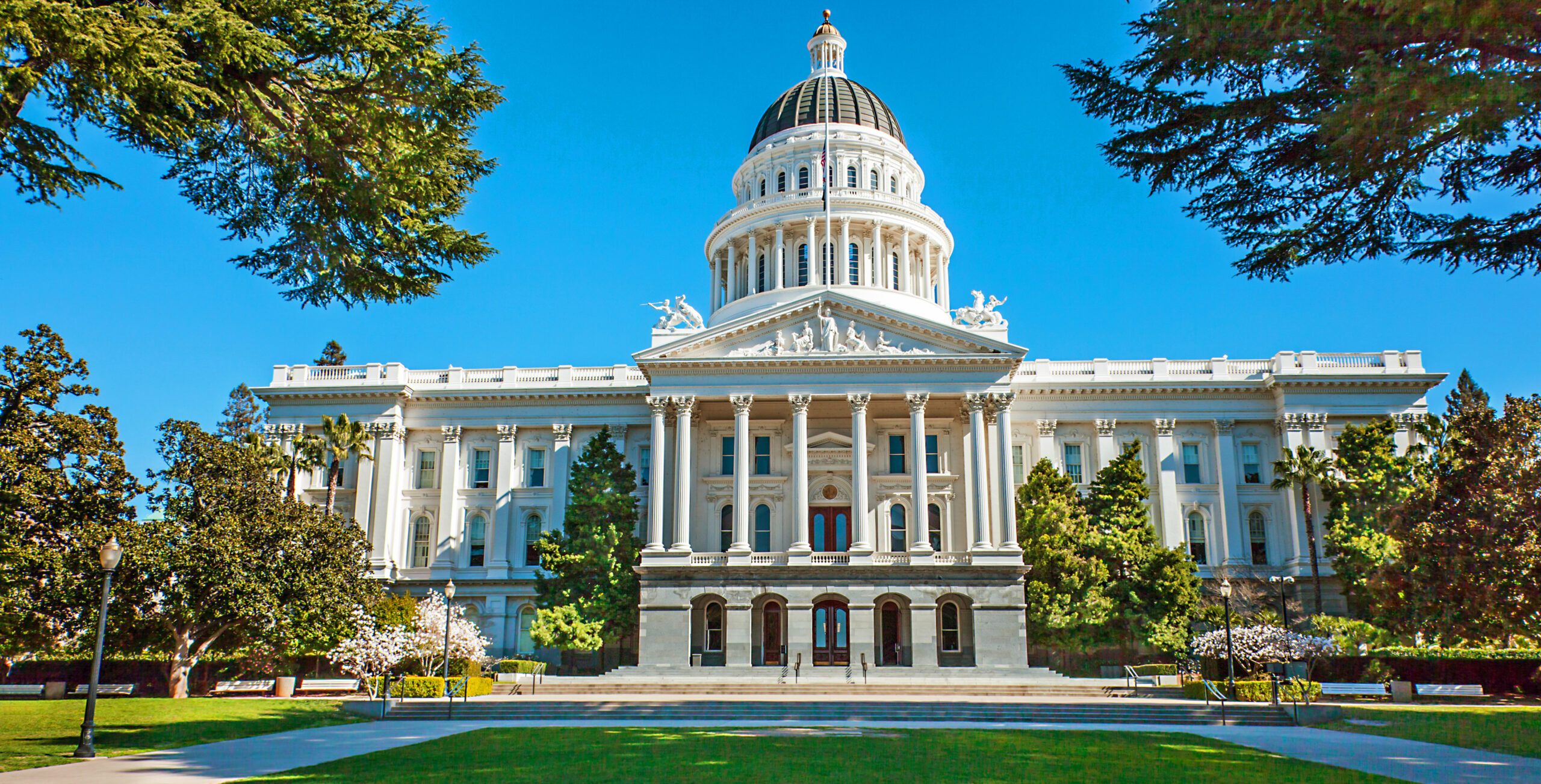On February 7, 2022, the California Legislature passed Senate Bill 113 (“SB 113”) proposing an expansion to the California Passthrough Entity Elective Tax (“CA PTET”) as previously enacted under Assembly Bill 150 (“AB 150”), as well as additional relief unrelated to the CA PTET. The bill has been signed by Governor Gavin Newsom.
SB 113 provides various taxpayer-friendly changes to the existing tax law, including the long hoped for fix to the CA PTET, conformity to federal tax treatment for certain relief grants, restoration of the Net Operating Loss (“NOL”) deduction and other business incentive tax credits. The following tables summarize the key components of the newly enacted legislative text:
California Passthrough Entity Elective Tax
| Subject or Provision | Former Law | Modified by SB 113 | Effective Date |
| Definition of Qualified Entity with Partnership Owners | Does not include passthrough entities with other partnerships as owners | Partnerships are now eligible owners | On or after January 1, 2021, and before January 1, 2026 |
| Single Member LLCs as Qualified Taxpayers | A disregarded entity, such as a single member LLC, and its owners, are not considered qualified taxpayers | Single Member LLCs are now qualified taxpayers as long as the owner is an individual, trust, or estate | On or after January 1, 2021, and before January 1, 2026 |
| Inclusion of Guaranteed Payments in Qualified Net Income | Does not include guaranteed payments in the entity’s qualified net income | Guaranteed payments are now included in qualified net income for purposes of computing the CA PTET | On or after January 1, 2021, and before January 1, 2026 |
| Limitation of the Tentative Minimum Tax | CA PTET does not reduce amount of state tax due below the tentative minimum tax | CA PTET will now reduce the regular tax below the tentative minimum tax | On or after January 1, 2021, and before January 1, 2026 |
| Credit Order of Application for Other State Tax Credits | CA PTET is applied before other state tax credits | Will require the CA PTET to be applied against net tax after credits for taxes paid to other states | On or after January 1, 2022, and before January 1, 2026 |
Other Economic Relief
| Subject or Provision | Former Law | Modified by SB 113 | Effective Date |
| California Net Operating Loss Suspension under AB 85 | Suspended NOL’s for California taxpayers with net business income of $1 million+ for tax years 2020-2022 | Reinstates the NOL deduction with no limitations | On or after January 1, 2022 |
| Limit on Business Incentive Tax Credits | Credits may not reduce the applicable tax by more than $5 million, including credits for R&D, jobs tax, California competes, and others | Removes the temporary limitation on allowable credits | On or after January 1, 2022 |
| Restaurant Revitalization Grants | Does not conform with federal law and taxable in California | Conforms with federal law to exclude grant funds from gross income and allow expenses paid to be fully deducted | On or after January 1, 2020 |
| Shuttered Venue Operator Grants | Does not conform with federal law and taxable in California | Excludes grant funds from gross income and allows expenses paid to be fully deducted unless taxpayer is a publicly traded company or does not meet the 25% gross receipt reduction threshold | On or after January 1, 2019 |
Impressions
The inclusion of other partnerships as qualified owners of passthrough entities for eligibility purposes of electing CA PTET creates much more opportunity for qualified taxpayers to participate and pay state tax at the entity level and get a Federal tax deduction. Moreover, with the removal of the tentative minimum tax limitation, qualified taxpayers will be able to offset more of the State tax each year and reduce the risk of losing credit carryovers.
With guaranteed payments includable in qualified net income, qualified taxpayers are able to increase the CA PTET deduction on passthrough entities for federal tax purposes, and further circumvent the state and local tax deduction limitation on individual and fiduciary tax returns, thereby generating more permanent federal tax savings.
Additional federal guidance is needed to resolve how the CA PTET is to be deducted on the passthrough entity and its allocation to owners, none of which is going to be addressed by the state. We will continue to advise you of any relevant updates on this matter when more information becomes available.
The reinstatement of California NOL deductions, as well as the removal of the limitation on business incentive tax credits, further incentivizes taxpayers to do business in California and producing additional revenue and jobs in the state.
Retroactive application and conformity to federal law for restaurant revitalization and shuttered venue operator grants will allow those California businesses most affected by the novel coronavirus pandemic to file amended returns and claim tax refunds.
If you have any questions on SB 113 and how it impacts you or your business, please do not hesitate to reach out to us for assistance.



